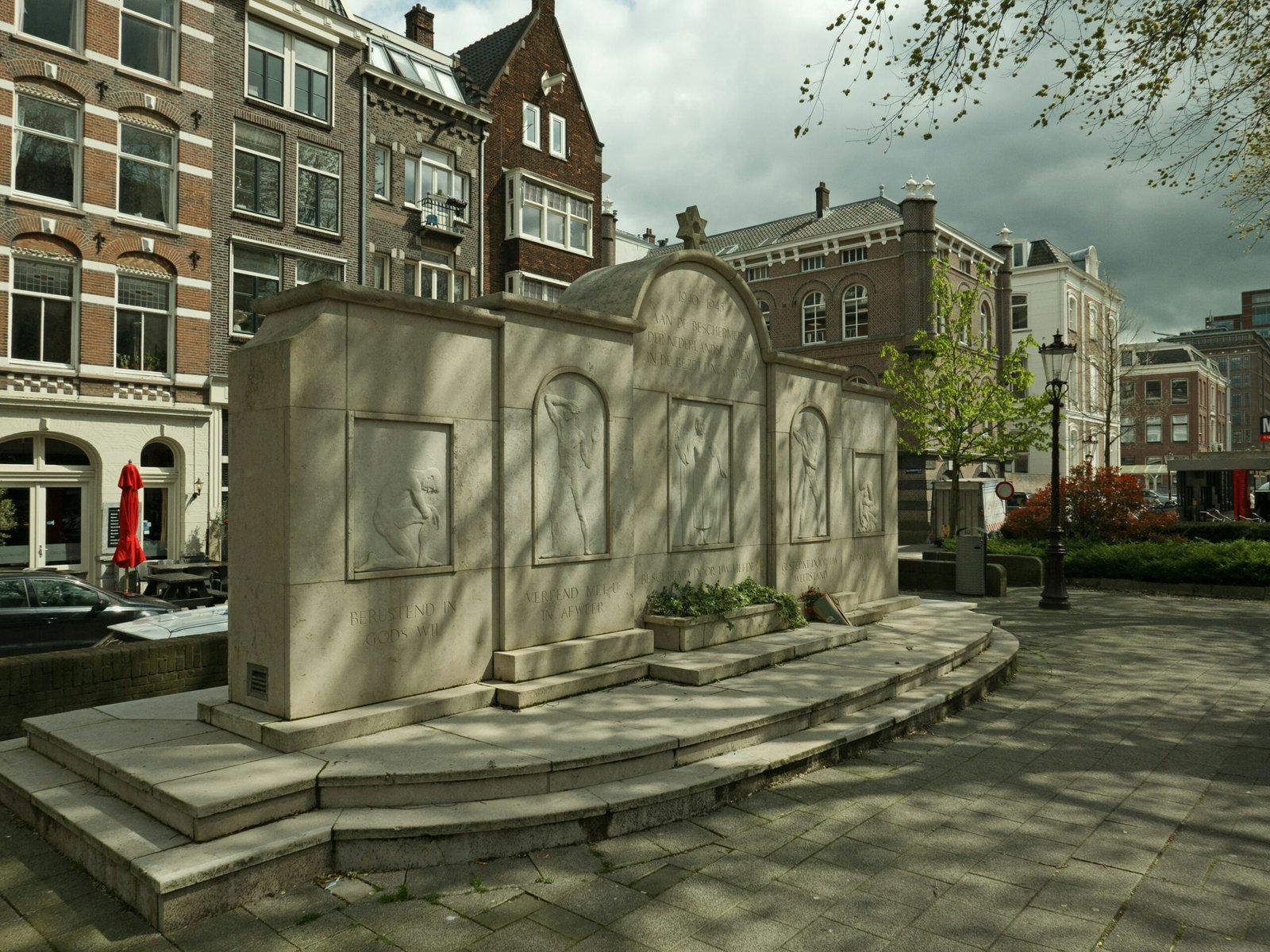Historical Overview of Jewish Presence in Israel
The Jewish presence in Israel is deeply rooted in antiquity, with evidence of settlements dating back to the Bronze Age. Archaeological discoveries, such as ancient pottery and inscriptions, attest to early Jewish life in the region. The era of the Patriarchs, traditionally dated around 2000 BCE, marks the beginnings of Jewish history in the land, with figures like Abraham, Isaac, and Jacob establishing ties to the territory.
Following this formative period, the establishment of the Kingdoms of Israel and Judah around the 10th century BCE signified a consolidated Jewish presence. The construction of the First Temple in Jerusalem by King Solomon around 957 BCE became a central religious and cultural symbol for the Jewish people. However, the Babylonian Exile in 586 BCE, following the destruction of the First Temple, marked a significant diaspora, dispersing Jewish communities across different regions.
The return from Babylonian exile and the subsequent rebuilding of the Second Temple in 516 BCE ushered in the Second Temple period, a time of significant religious and cultural development. This era witnessed the compilation of key Jewish texts and the solidification of religious practices. Yet, the destruction of the Second Temple by the Romans in 70 CE and the Bar Kokhba revolt’s failure in 135 CE further intensified the Jewish diaspora.
Despite these upheavals, a continuous Jewish presence persisted in the land of Israel throughout various periods of foreign rule. Under the Roman and Byzantine empires, Jewish communities maintained their religious customs and societal structures. The Islamic conquests in the 7th century and the subsequent Umayyad, Abbasid, and Fatimid caliphates saw fluctuating conditions for Jewish life, yet the presence endured.
During the Crusader and Mamluk periods, Jewish communities faced challenges but continued to exist. Under the Ottoman Empire, beginning in the 16th century, Jewish life in Israel saw periods of relative stability and growth, particularly in cities like Safed, Jerusalem, and Tiberias. Throughout these eras, the land of Israel retained its profound cultural, religious, and historical significance for the Jewish people, underpinning their enduring connection to the territory.
Modern Political and Legal Claims to Israel
The modern political and legal foundations of the Jewish claim to Israel as a territory have deep historical roots and are significantly influenced by the rise of Zionism in the late 19th and early 20th centuries. Theodor Herzl, often regarded as the father of modern political Zionism, played a crucial role in this movement. Herzl’s vision materialized during the First Zionist Congress in 1897, where the objective of establishing a Jewish homeland in Palestine was formally articulated. This congress marked a significant turning point, galvanizing Jewish communities worldwide towards the goal of a sovereign state.
The Balfour Declaration of 1917 further cemented Jewish aspirations. Issued by the British government, it expressed support for “the establishment in Palestine of a national home for the Jewish people.” This declaration was pivotal, as it provided international recognition and legitimacy to Zionist aims. The subsequent British Mandate for Palestine, sanctioned by the League of Nations in 1922, incorporated the Balfour Declaration, thus embedding it within international legal frameworks.
In 1947, the United Nations took a decisive step by approving the UN Partition Plan, which proposed the creation of separate Jewish and Arab states. This plan, although accepted by the Jewish community, was rejected by the Arab states, leading to increased tensions and eventually to conflict. On May 14, 1948, the State of Israel was proclaimed, a momentous event that was immediately followed by the Arab-Israeli War. Despite the ensuing hostilities, Israel’s establishment was a definitive realization of the Zionist vision and was soon recognized by numerous countries globally.
From a legal perspective, various arguments have been presented to support Jewish claims to Israel. Proponents cite the Balfour Declaration, the League of Nations mandate, and the UN Partition Plan as cornerstones of international recognition. Additionally, Israel’s right to self-defense and historical connections to the land are frequently highlighted. Nonetheless, these claims are continually contested, leading to ongoing debates and challenges. The Arab-Israeli conflict and the broader Middle East dynamics add layers of complexity to these discussions.
For the global Jewish community, Israel represents not just a nation-state but a focal point of cultural and historical identity. It stands as a symbol of perseverance and a bastion for Jewish self-determination. The modern political and legal claims to Israel are thus inextricably linked to its significance as a homeland for Jews worldwide.

